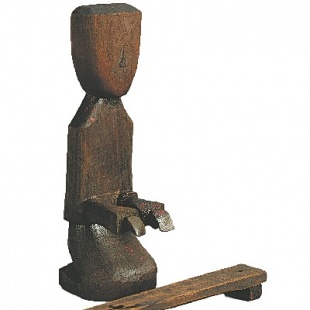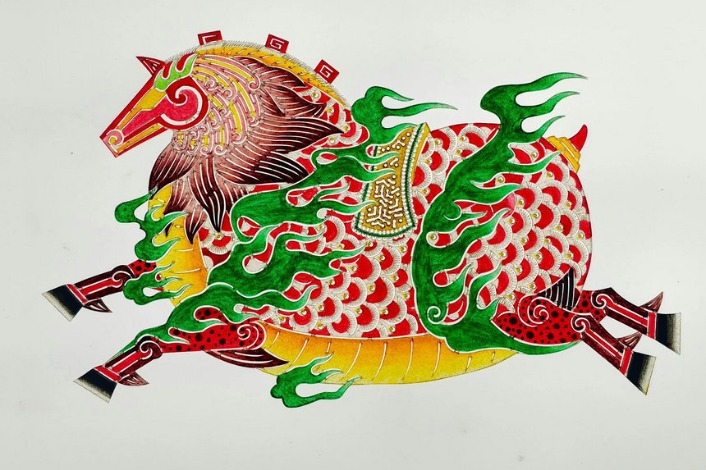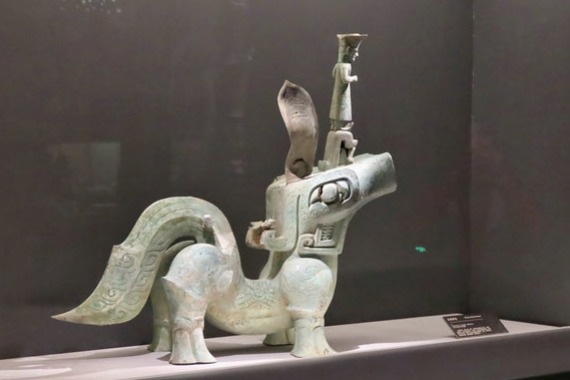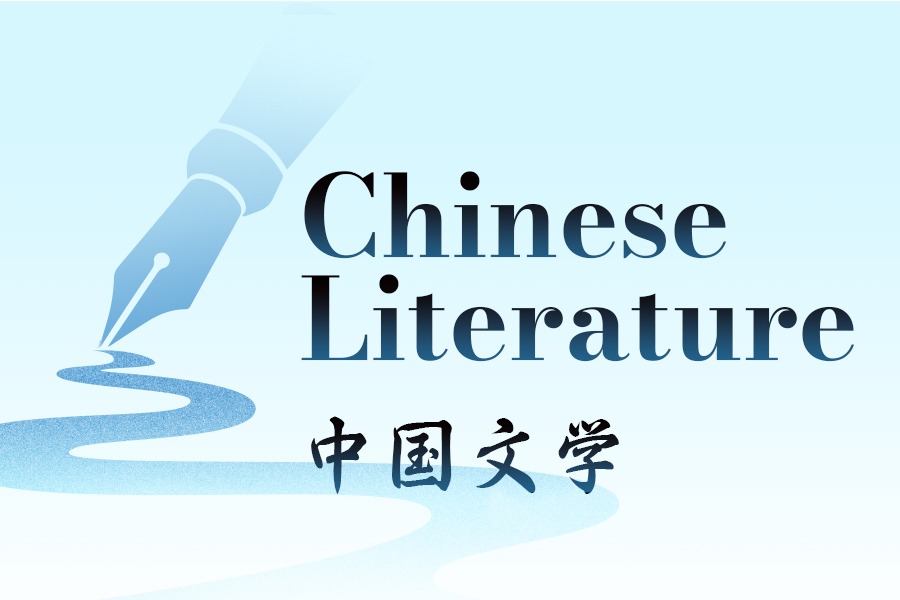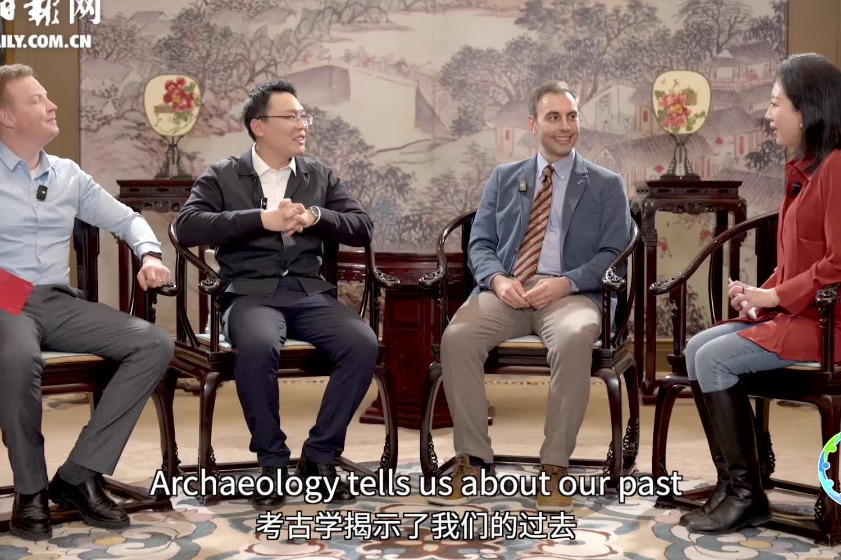Findings reveal scale of ancient salt industry in Jiangsu


Individual grains may be small in size, but the story of salt reflects a grand picture of economics, politics, and national governance in China.
The famous debate held in the imperial court of the Western Han Dynasty (206 BC-AD 24) in 81 BC, Discourses on Salt and Iron, kept high officials and scholars arguing for months over economic policies, beginning with whether to maintain monopolies on producers of salt and iron.
Throughout Chinese history, a variety of key positions and facilities were set up around the country, particularly along the Grand Canal, to strictly supervise and manage production, transportation and sale of this crucial ingredient, which is closely tied to the lifeblood of the economy.
Archaeological work in Yancheng, Jiangsu province, is gradually yielding evidence of the long epic of salt. Yancheng itself means "city of salt "in Chinese, and the roots of the city's name lie beneath the ground.
According to Chen Gang, a researcher with the Jiangsu Provincial Institute of Cultural Relics and Archaeology, which oversaw the recent excavations in Yancheng, a series of key findings concerning the ancient salt industry have been made in this coastal city between the Yellow Sea and the Grand Canal.
The ancient Chinese had a poetic term to describe the coastal salt industry, referring to it as "boiling the ocean".
As Chen said during a recent news conference at the National Cultural Heritage Administration in Beijing, archaeological findings at the Shajingtou site, which is located on a sandy ridge near the coast, include well-organized Western Han Dynasty roads, a dense network of water wells, large-scale drainage facilities, as well as the ruins of houses and other significant remains.
"Excavations have yielded a large number of roof tiles, bricks, and everyday pottery," Chen says. "Additionally, more than 10 Han Dynasty (206 BC-AD 220) architectural ruins and tombs have been discovered around the site."
It is believed that the area was the site of the county seat of Yandu, which is mentioned in the Book of Han, a history book of the Western Han compiled by Ban Gu in the 2nd century, as well as in other key historical documents. The architectural remains found at Shajingtou may have been official buildings belonging to the Yandu county government, which is listed in historical documents as a crucial salt-producing hub. Chen says that the new findings offer physical evidence of the significance of salt in Western Han Dynasty society.


